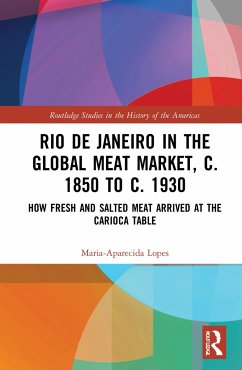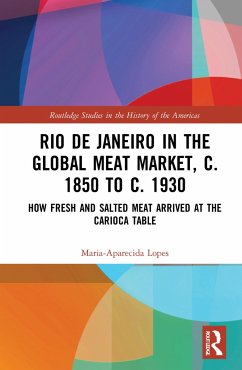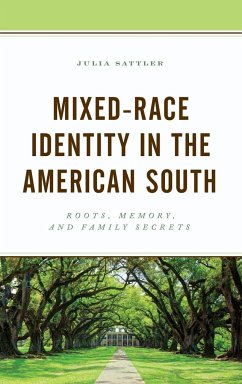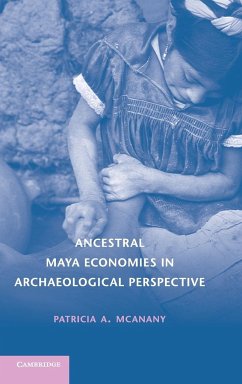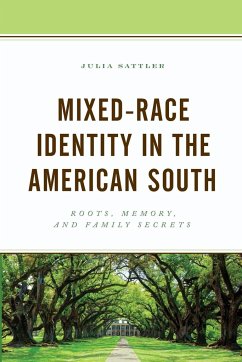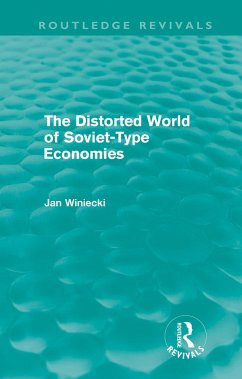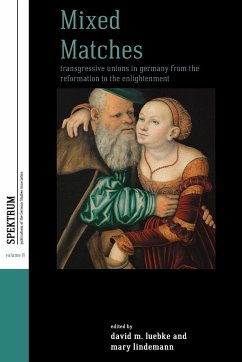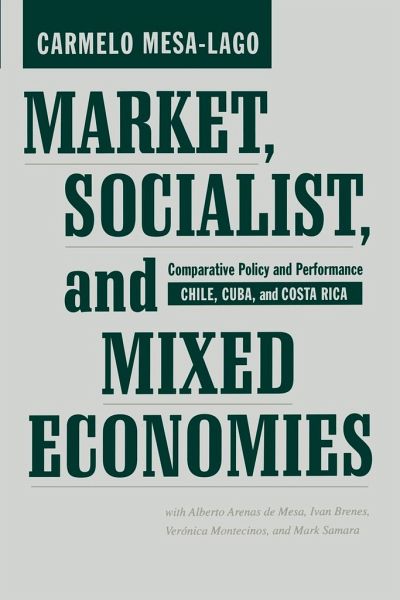
Market, Socialist, and Mixed Economies
Comparative Policy and Performance--Chile, Cuba, and Costa Rica
Versandkostenfrei!
Versandfertig in 1-2 Wochen
59,99 €
inkl. MwSt.

PAYBACK Punkte
30 °P sammeln!
How can we determine which economic model best provides for economic development and social welfare? In this major comparative work, noted economist Carmelo Mesa-Lago analyzes three Latin American countries with divergent economic systems: Chile (a market economy), Cuba (socialist), and Costa Rica (mixed). He examines their economic and social policies, shows how these policies affect performance based on a set of socioeconomic variables, and ranks the countries among themselves (using new techniques) and in comparison with international indicators. The time frame of the study embraces thirty-...
How can we determine which economic model best provides for economic development and social welfare? In this major comparative work, noted economist Carmelo Mesa-Lago analyzes three Latin American countries with divergent economic systems: Chile (a market economy), Cuba (socialist), and Costa Rica (mixed). He examines their economic and social policies, shows how these policies affect performance based on a set of socioeconomic variables, and ranks the countries among themselves (using new techniques) and in comparison with international indicators. The time frame of the study embraces thirty-eight years for Costa Rica (under the democratic social democracy) and Cuba (under the socialist revolution) and twenty-four years for Chile (under Pinochet and the return to democracy). Mesa-Lago focuses on the three diverse socioeconomic models that these countries represent during these periods.



